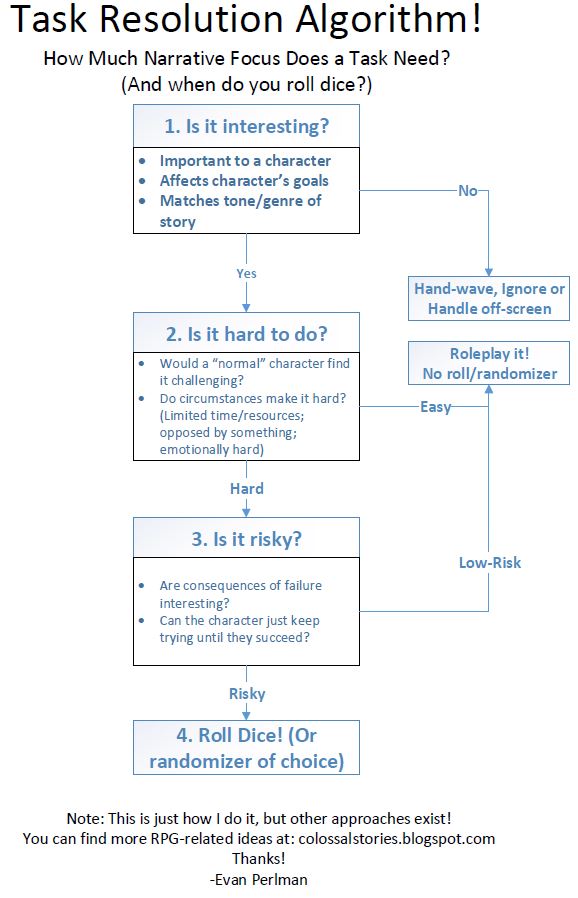What do I want from a Discworld TTRPG, anyway?
Iconic Heroes:
While a dramatic hero follows a character arc in which he is changed by his experience of the world (examples: Orpheus, King Lear, Ben Braddock), an iconic hero undertakes tasks (often serially) and changes the world, restoring order to it, by remaining true to his essential self. [Emphasis mine]
To me, the most endearing characters of the Discworld are eternal in this way. Granny Weatherwax, Sam Vimes, Mustrum Ridcully, Moist von Lipwig, Rincewind, Tiffany Aching, as well as the supporting characters who recur in their stories, all bring their essential qualities to bear on the world around them. They are able to affect change because they stay true to themselves even when the weight of trends, and sometimes the story itself, pushes in another direction.
This isn't to say that the main characters of the Discworld don't learn or change, or that they're invincible emotionally or physically. But they continue to embody their central traits and remain true to their selves, and I think this gives them the ability to accomplish heroic and dazzling things that the villains and the background characters of the Discworld don't.
A Humanist Outlook
Humor
How Well Does the Game Bring Out These Elements?
Tone - A Good Start!
- "The focus is on the characters, the world, and the words. People are defined by traits, not numbers."
- "we encourage players to bend the English language far beyond what is usually considered reasonable. Terry Pratchett used words in ways that were unexpected, in combinations and meanings that were playful, joyful and often unreasonable. We heartily encourage you to do the same."
- "The world and the players vie to control the story as Narrativium sluices finely through everything, gently pushing things towards a satisfying conclusion."
Basic Gameplay Loop
- When the PC does something with a risk of failure (a "test"), the Player chooses a Trait and justifies to the GM why this is a reasonable trait to use.
- Traits include everything from Name to Background to groups and roles in them, to consequences earned from failures or bad luck. Basically everything on the character sheet is a Trait that can be used towards a Test.
- The GM then decides how hard it is by choosing different die sizes (d4, d6, d10 or d12). Interestingly, this is not based on the difficulty of the action, but by how well the trait fits the action and how well the Player uses their words to justify it.
- Then the player rolls the chosen die, and the GM always rolls a D8. For reference, a player rolling a d4 will win about 1/5 of the time and tie 1/8 of the time; with a d12, the player wins about 3/4 of the time and ties 1/12 of the time.
- You can also have some replacement rolls as another PC helps the main PC or the GM re-rolls using an NPC's trait. So you have potentially 2 or 3 opposed rolls for each test.
- A failure results in consequences or twists that are represented as new traits.
So, How Well Does it Support The Things I Want to See?
Stray Notes on Mechanics
Granted I haven't seen the game in action yet, but it also feels like it puts a lot of work on the GM, which may be very tough for new players or tables used to more narrative collaboration. Having to come up with interesting, multi-leveled consequences will be familiar to GMs who've run games like Blades in the Dark or the Fantasy Flight Games Star Wars, but it is work, and not everyone enjoys it or is well suited for it.










